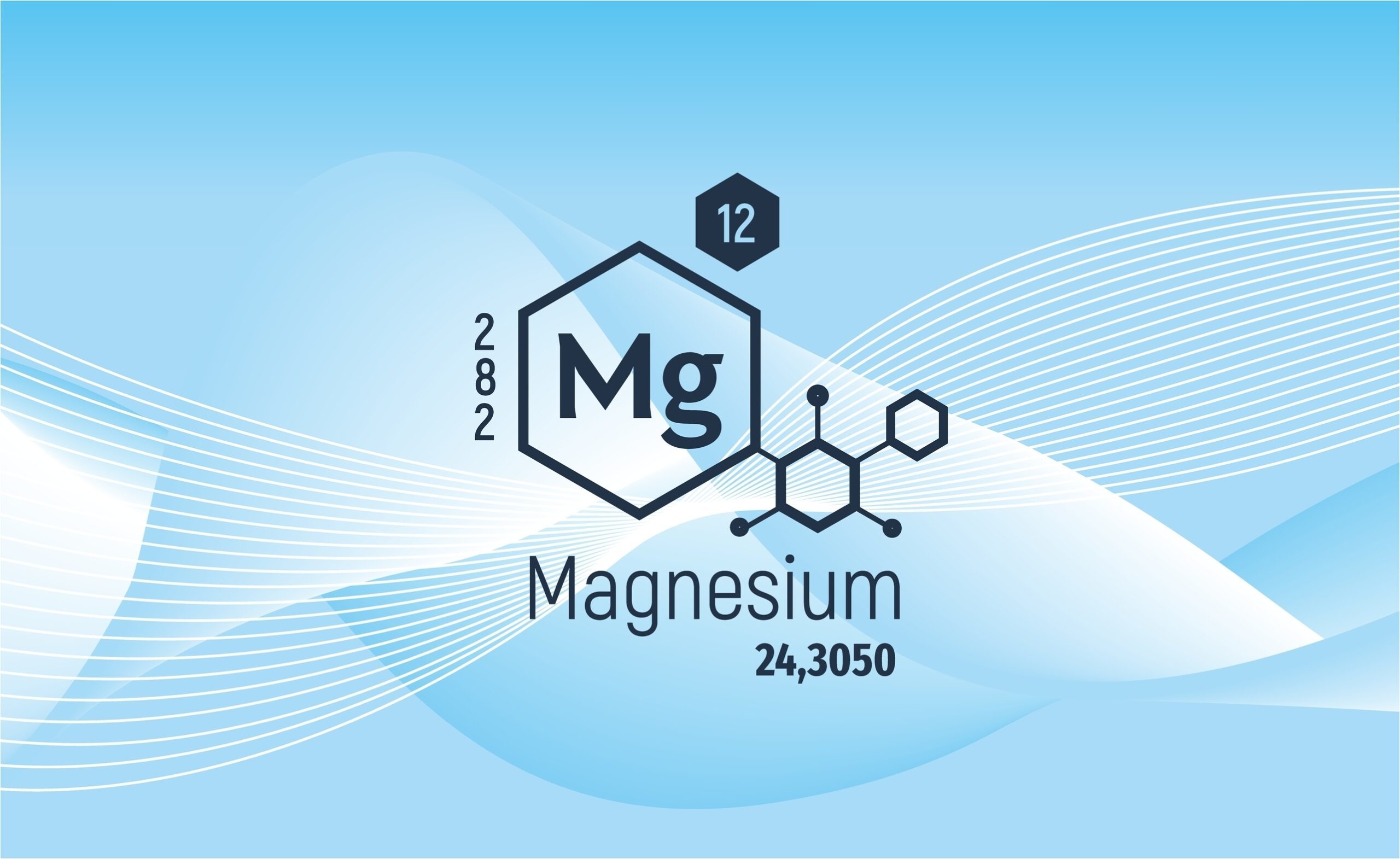Reducing the Severity of Migraines: The Role of Magnesium
Migraines are more than just headaches, they are complex neurological events that can cause intense throbbing pain, nausea, light sensitivity, and even temporary vision disturbances. For the millions of people who suffer from migraines, finding effective relief can be frustrating and elusive. While medications can help, many sufferers are turning to nutritional strategies to reduce the frequency and severity of attacks. One of the most researched and promising natural options is magnesium.
Why Magnesium Matters for Migraine Sufferers
Magnesium is an essential mineral involved in over 300 biochemical reactions in the body. It plays a key role in nerve function, muscle relaxation, blood vessel tone, and neurotransmitter regulation — all of which are relevant to migraine mechanisms.
Multiple studies have found that people with migraines are more likely to have magnesium deficiencies, particularly during an attack. Low magnesium levels can lead to:
- Cerebral vasospasm (constriction of brain blood vessels)
- Increased release of pain-transmitting chemicals like glutamate and substance P
- Heightened neuronal excitability and brain wave disruptions
- Platelet aggregation and clotting changes, which may trigger migraines
By restoring magnesium levels, it may be possible to interrupt these processes and reduce both the frequency and severity of migraine attacks.
Scientific Evidence Supporting Magnesium for Migraines
1. Clinical Trials
Numerous studies have investigated magnesium’s impact on migraine:
- A 1996 double-blind trial published in Cephalalgia found that 600 mg of magnesium daily reduced migraine attacks by 41.6% — compared to just 15.8% in the placebo group.
- A 2017 review in the journal Headache concluded that magnesium is “probably effective” for migraine prevention, especially for those with aura or menstrual-related migraines.
- Intravenous magnesium sulfate has also been shown to rapidly relieve acute migraine attacks in emergency settings, particularly in patients with low serum magnesium levels.
2. Safe for Long-Term Use
Magnesium is generally well-tolerated and safe for long-term use, with few side effects. Unlike many prescription drugs, it does not cause dependency or rebound headaches.
Who May Benefit Most?
Magnesium supplementation may be especially beneficial for:
- Individuals with frequent migraines or migraines with aura
- Women with hormonal or menstrual-related migraines
- People with low dietary intake of magnesium
- Those with gastrointestinal conditions that impair absorption (e.g., Crohn’s disease, IBS)
- Anyone taking medications (such as diuretics or proton pump inhibitors) that deplete magnesium levels
Best Forms of Magnesium for Migraines
Not all magnesium supplements are equally effective or well-absorbed. Some forms are better tolerated and more bioavailable:
- Magnesium glycinate – Gentle on the stomach, often recommended for neurological health and relaxation.
- Magnesium citrate – Well-absorbed, though it may have a mild laxative effect at higher doses.
- Magnesium threonate – Penetrates the blood-brain barrier, potentially more beneficial for brain-related conditions.
- Magnesium oxide – Common and inexpensive, but poorly absorbed compared to other forms.
Typical doses range from 300–600 mg daily, ideally spread throughout the day and taken with food to improve absorption and reduce stomach discomfort.
Dietary Sources of Magnesium
A food-first approach is always recommended when possible. Magnesium-rich foods include:
- Leafy green vegetables (spinach, chard)
- Nuts and seeds (almonds, pumpkin seeds)
- Legumes (black beans, lentils)
- Whole grains (brown rice, quinoa)
- Dark chocolate
- Avocados
- Bananas
Despite magnesium being present in many healthy foods, modern diets and depleted soils often mean intake falls short — especially for people with increased physiological needs.
Final Thoughts
For those seeking a natural, low-risk strategy to reduce migraine severity and frequency, magnesium offers strong scientific backing and broad health benefits. It addresses several of the underlying neurological and vascular imbalances involved in migraines and is especially effective for certain subgroups of sufferers.
As always, it’s best to speak with a healthcare provider before starting any new supplement regimen — especially if you’re on medications or managing a chronic condition.
Disclaimer: This article is for informational purposes only and is not intended to replace medical advice. Always consult with a healthcare professional before beginning any new supplement, especially if you are on medication or managing a health condition.







